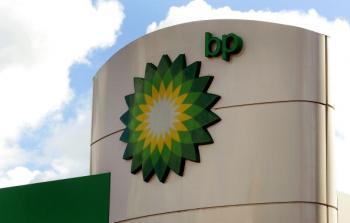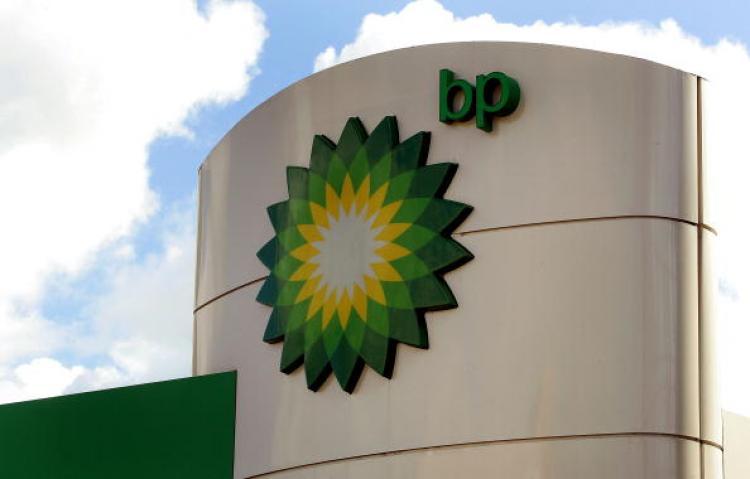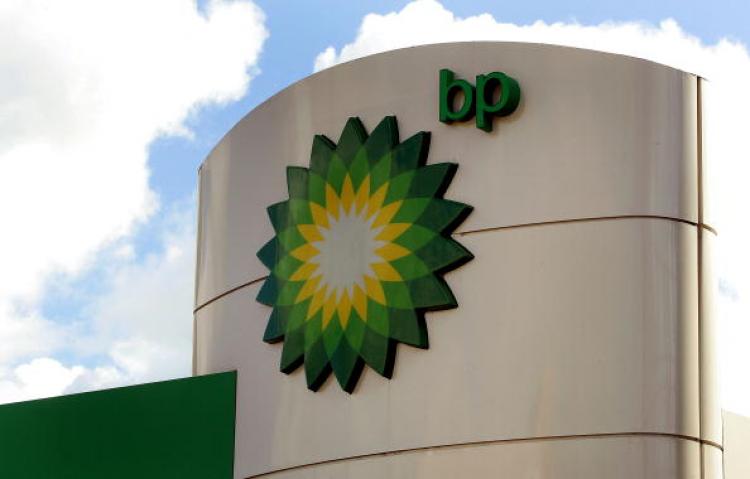BP Looks to Move On From Gulf Accident
BP Plc finally got some good news recently. Its partner, Japan-based financing firm Mitsui, which owned 10 percent of the Macondo oil well in the Gulf of Mexico that exploded last April, agreed to pay $1.1 billion to settle liabilities.

A BP sign stands outside a BP Amoco gas station in Chicago, Illinois. The British oil giant BP Plc agreed on Monday to invest $7.2 billion in Reliance Industries, one of India's biggest oil and gas firms. Tim Boyle/Getty Images
|Updated:





